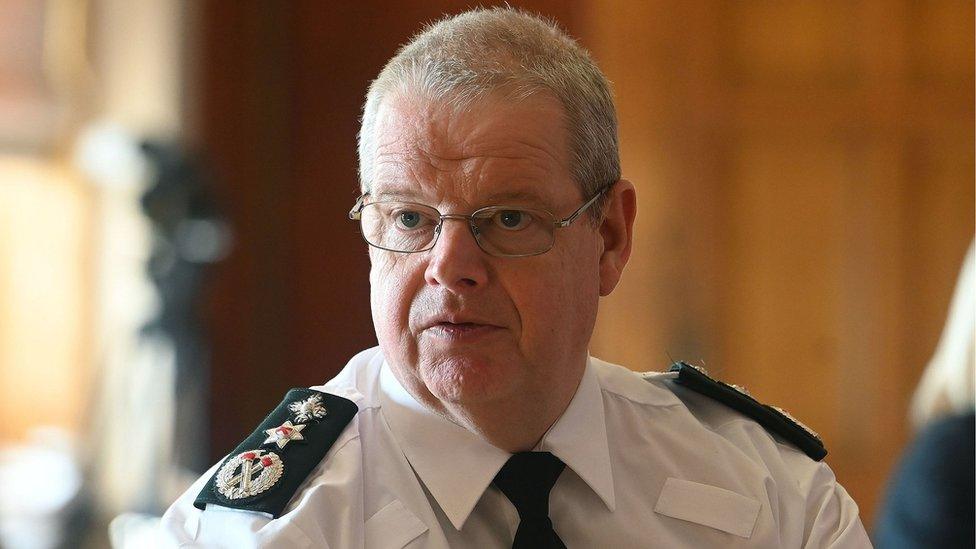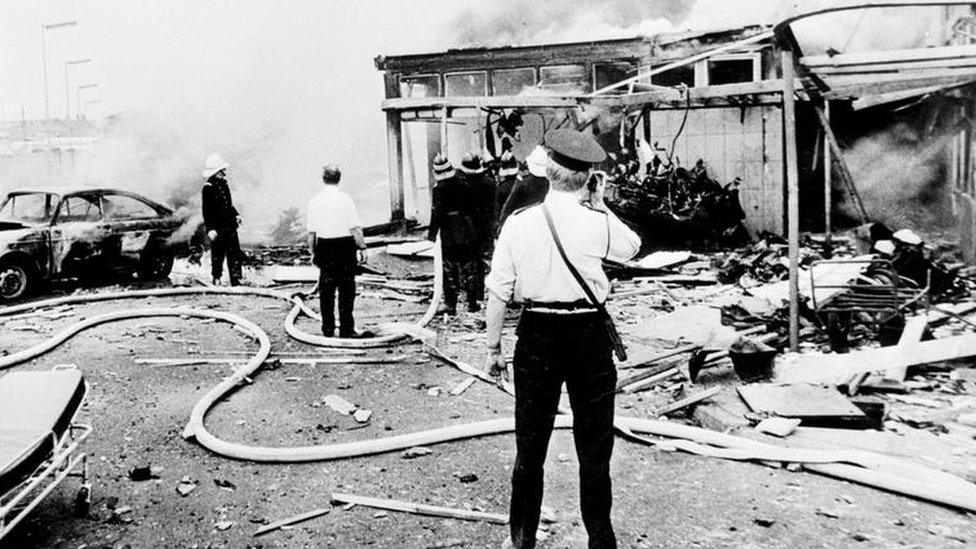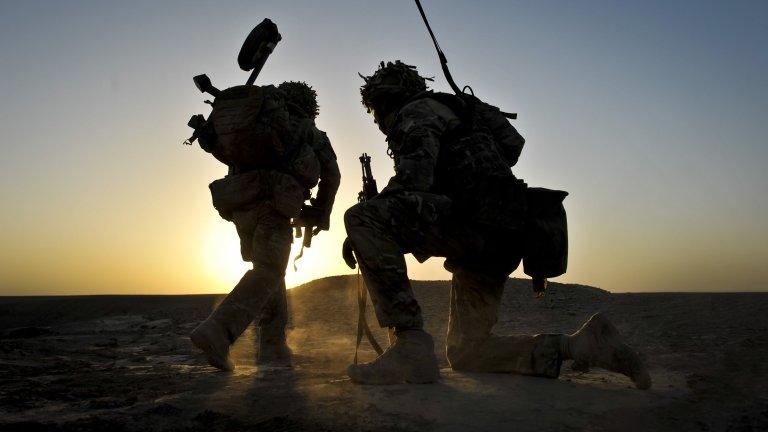Coronavirus: PSNI to suspend Troubles investigations
- Published

PSNI Chief Constable Simon Byrne said the move was temporary
The PSNI is to suspend investigations into cases from the Troubles and redeploy personnel in response to the coronavirus crisis.
The move will free up about 70 officers and staff in its Legacy Investigations Branch.
Chief Constable Simon Byrne accepted it would cause "distress" to victims' families, but said it was a temporary measure.
He added the staff would be switched to support "critical policing functions".
The branch is dealing with more than 1,100 unresolved cases, covering more than 1,400 killings over three decades.
Mr Byrne made the announcement in a video message posted on social media.
Allow X content?
This article contains content provided by X. We ask for your permission before anything is loaded, as they may be using cookies and other technologies. You may want to read X’s cookie policy, external and privacy policy, external before accepting. To view this content choose ‘accept and continue’.
He also said that in agreement with the Policing Board, the PSNI would begin using spit and bite guards to protect officers in public.
The PSNI has been the only UK police service not to use them before now.
Made of mesh and plastic, they can be placed over the head of an individual to prevent them coughing on, or spitting and biting officers.
In recent days there have been at least 20 "cough attacks" on officers by people claiming to have Covid-19.
Last week it was announced they could be used in custody suites in police stations.
But now their use is to be expanded for officers responding to situations in public were coronavirus might be involved.
Mr Byrne said their use would end with the Covid-19 crisis, pending further discussions with the board.
Amnesty International in Northern Ireland recently cautioned against their use, claiming the guards could restrict breathing.
Mr Byrne said their use would be videoed "where possible" and "the circumstances referred to the Police Ombudsman".
- Published18 March 2020

- Published18 March 2020
